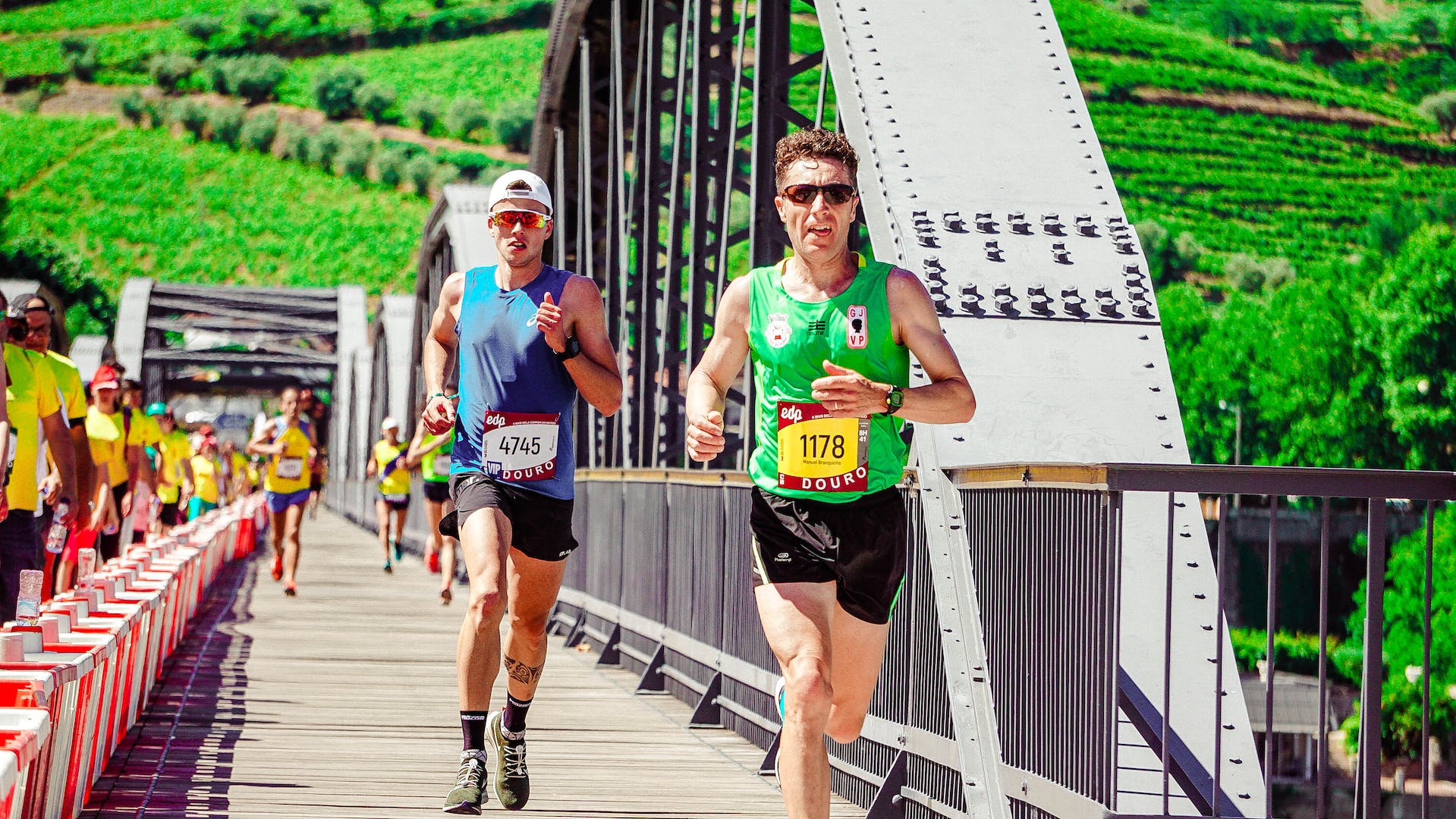Let’s talk about a highly topical issue: the mental health and well-being of retired athletes. For many, the end of a career in professional sports marks a significant transition in their lives. It’s a moment filled with a mix of emotions and uncertainties. However, the support and help they need during this critical period may not always be readily available. So, how can sports organizations step in to fill the gap?
The Impact of Retirement on Athletes
Firstly, it’s important to understand the unique challenges athletes face when retirement comes knocking. According to Google Scholar and PubMed, the transition phase from active sports life to retirement can be a rocky one. It’s not just about hanging up the boots and walking away, it’s a complete lifestyle overhaul.
A découvrir également : How do athletes engage with their fan base through virtual reality experiences?
Athletes are accustomed to a regimented routine, rigorous training sessions, and adrenaline-pumping games. Suddenly, they have a lot of free time on their hands. The lack of structure, coupled with the loss of their athletic identity, often leads to feelings of emptiness, anxiety, and depression.
Elite athletes, in particular, find it hard to adapt to the ‘normality’ of life after a career in professional sports. They’ve spent years in the limelight, and the sudden shift to obscurity can be daunting.
A lire aussi : What is the history and significance of sports in ancient civilizations?
Role of Sports Organizations in Promoting Mental Health
Sports organizations have a crucial role to play in addressing the mental health challenges of retired athletes. The support they provide can be a game-changer in helping athletes deal with the transitional phase.
One way sports organizations can help is by creating awareness about mental health. Educating athletes about the psychological implications of retirement can prepare them for what lies ahead. Regular workshops, seminars, and webinars can be organized to touch upon topics like anxiety, depression, and identity crisis.
Sports organizations can also enlist the help of psychologists or therapists to provide one-on-one counseling sessions. These sessions can be a safe space for athletes to express their concerns, fears, and anxieties about retirement.
Support Through Career Transition Programs
Career transition programs can be a lifeline for retiring athletes. These programs can help athletes identify their interests and skills outside the sporting world.
Often, athletes spend their prime years honing their sports skills, leaving little time for formal education or exploring other career paths. As a result, they may feel lost once their sporting career comes to an end. Career transition programs can help them discover new passions, giving them a sense of direction and purpose.
Sports organizations can collaborate with educational institutions and corporate entities to offer internships, apprenticeships, or job placements. They can also provide financial planning workshops to help athletes manage their resources wisely.
The Power of Peer Support
The power of peer support cannot be understated. Athletes are more likely to open up about their struggles to a fellow athlete. Sports organizations can create platforms where current and retired athletes can interact, share experiences, and learn from each other.
Mentoring programs can also be beneficial. Pairing a retiring athlete with a successfully transitioned athlete can provide them with a real-life model of successful transition. This can significantly reduce feelings of anxiety and uncertainty about the future.
Coaches as Pillars of Support
Coaches often have a close relationship with athletes. They understand the athletic lifestyle and the pressures that come with it. This makes them a valuable source of support for athletes during their transition.
Coaches can be trained to identify early signs of mental distress in athletes. They can also be equipped with the necessary skills to provide emotional support and guidance.
But their role doesn’t have to end when an athlete retires. Keeping an open line of communication can go a long way in helping athletes feel connected and valued, even after their sports career ends.
Sport is not just about the glory and victories; it’s about the people who make it all happen. Looking after the mental health and well-being of these individuals, particularly during their retirement transition, should be a priority for all sports organizations. With the right help and support, athletes can smoothly transition into the next chapter of their life, maintaining their well-being and happiness.
Establishing Pre-Retirement Mental Health Literacy Programs
To enable a smoother transition for athletes into retirement, sports organizations can take the proactive step of incorporating mental health literacy into their training programs. Google Scholar and PubMed research suggests that athletes who possess knowledge about mental health are better equipped to cope with the emotional challenges of retirement.
A comprehensive mental health literacy program should encompass a variety of topics including identifying signs of mental ill-health, understanding the importance of mental well-being, and strategies for maintaining mental health. This would help athletes develop an awareness of their emotional state and manage any mental health issues that may arise during or after their sporting career. It’s about empowering athletes with the knowledge they need to navigate through the retirement phase and beyond.
In addition, it is crucial to include sessions on athletic identity transition. Many athletes, particularly those in elite sport, struggle with the loss of their athletic identity once they retire. By addressing this issue from early on, athletes would be better prepared to handle this shift in their identity.
Sports organizations should collaborate with sports psychologists, mental health experts, and medical professionals to run these programs. This would ensure that the information shared is both accurate and practical.
Mental Health Services for Retired Athletes
Providing continued mental health services for retired athletes is an essential part of supporting their mental well-being. Athletes may face unique challenges post-retirement that can’t be addressed through pre-retirement programs alone.
Sports organizations can set up mental health clinics that cater specifically to athletes. With a good understanding of the sporting culture and the pressures that come with it, these clinics would be uniquely equipped to address the mental health needs of retired athletes.
In addition, sports organizations could partner with external mental health institutions to provide a more comprehensive range of services. Such partnerships would enable retired athletes to access specialized services like psychiatric care, counseling, and therapy.
By providing these services, sports organizations would be sending a clear message to the athletes: their well-being matters, not just during their sports career but even after it comes to an end.
Conclusion
The well-being of athletes, particularly their mental health, deserves greater focus and investment from sports organizations. The end of a sporting career shouldn’t spell the end of an athlete’s support system. In fact, it marks the beginning of a crucial phase where they need that support the most.
From educating athletes about mental health and athletic identity, to providing continued mental health services during retirement, sports organizations play a key role in guiding athletes through their transition. Through a combination of mental health literacy programs, career transition assistance, peer support initiatives, and continued assistance from coaches, athletes can be empowered to navigate the uncertainties of retirement and maintain their well-being.
And while the journey may be challenging, with the right support and resources, athletes can find their footing in their life post-sport and continue to thrive. After all, they are more than just athletes — they are individuals, each with a unique path to tread, and a unique story to tell. Let’s make sure that their mental health is part of that story.






